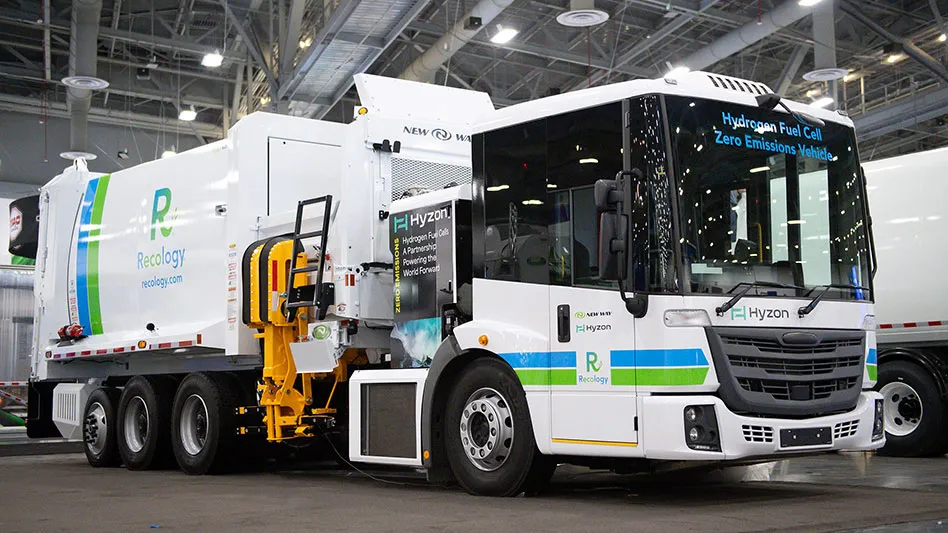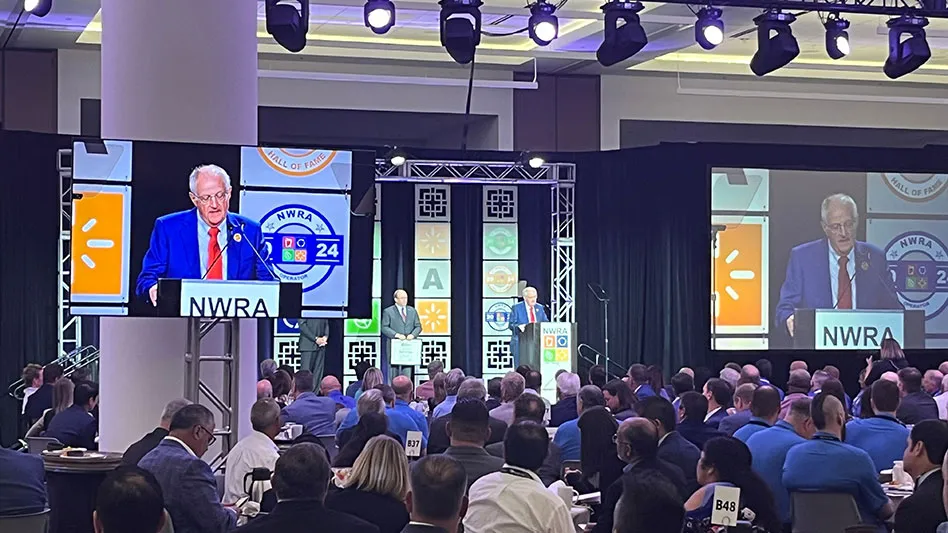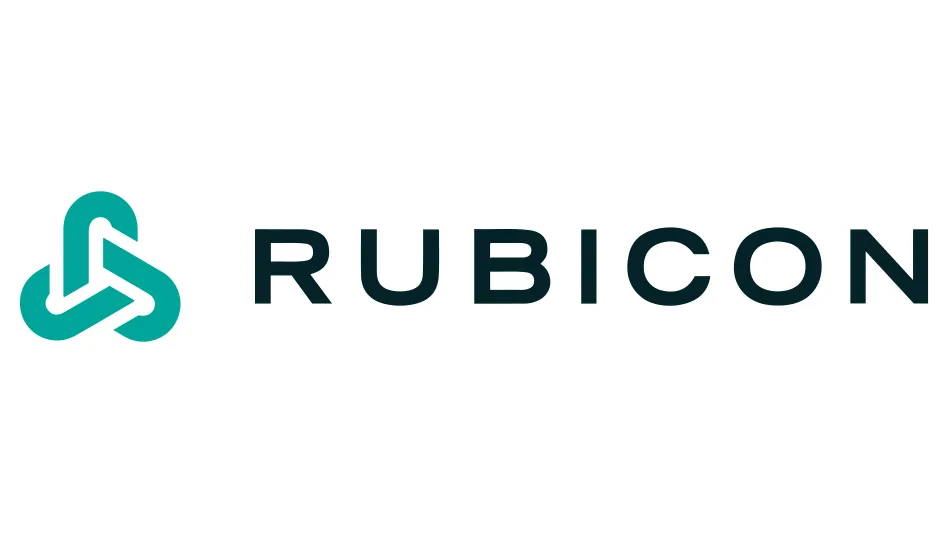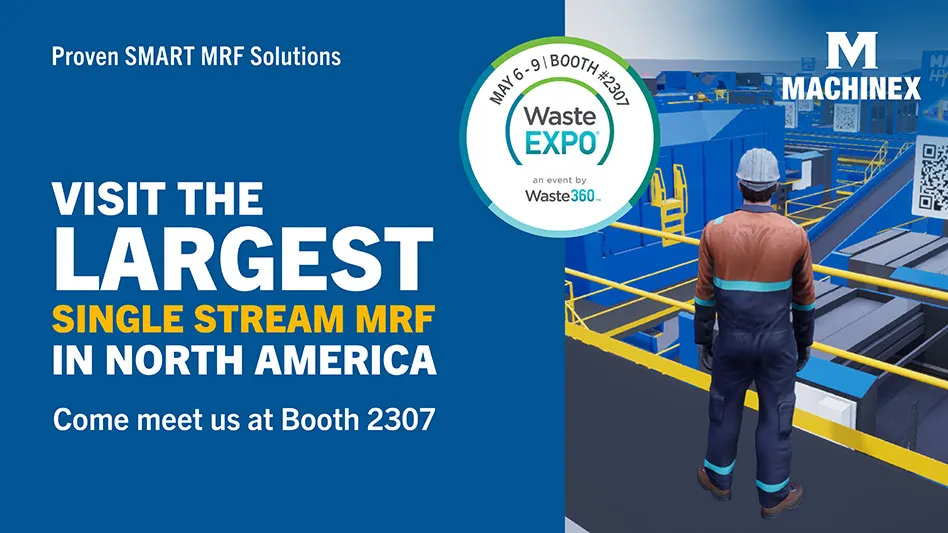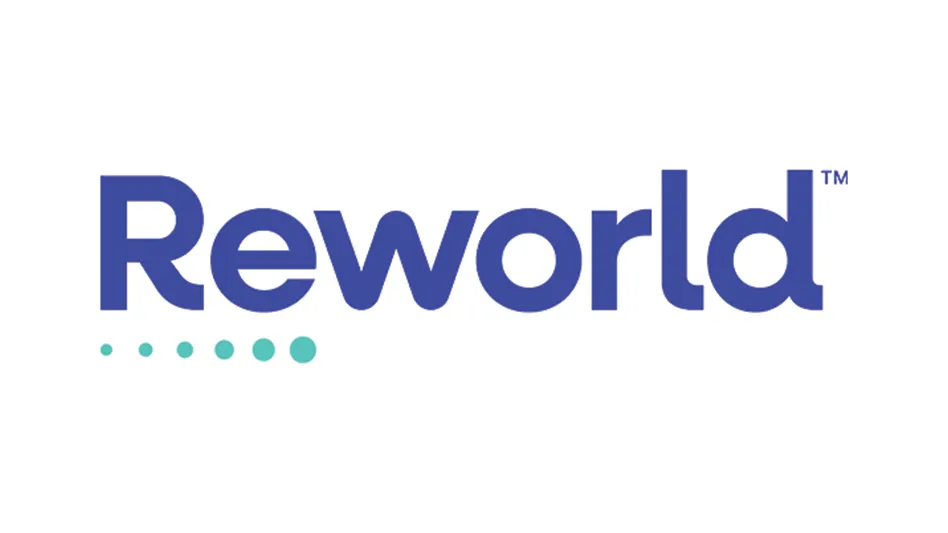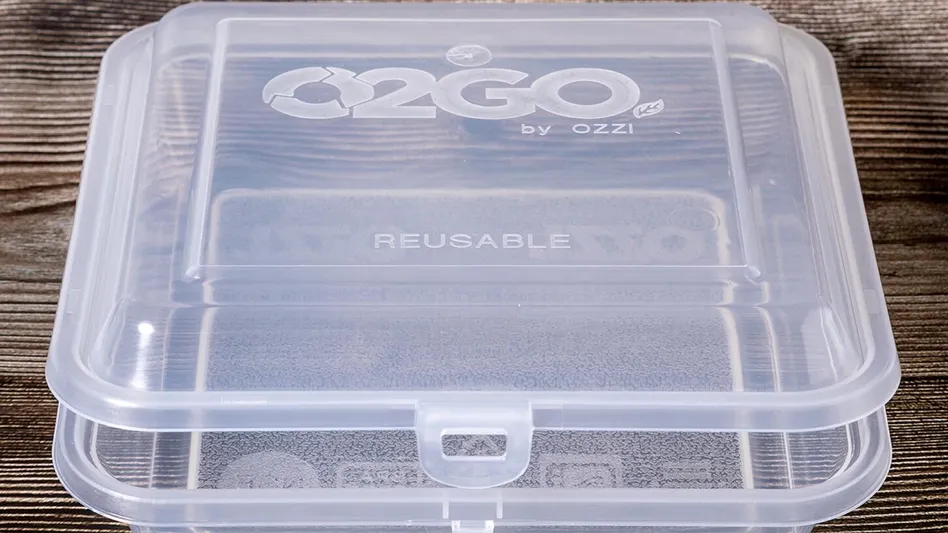
Photo courtesy of Recycle Across America
Standardized road signs and nutrition labels are used across the United States. Why should there not be standardized labels for recycling bins?
“Much like standardized road signs allow all of us to be able to drive properly wherever we are, societywide, standardized labels have been referred to by the New York Times as one top environmental fixes taking root today,” Recycle Across America Executive Director Mitch Hedlund says in a YouTube video explaining the benefits of standardized recycling labels.
Recycle Across America introduced the standardized bin label concept in 2016.
A group of 17 legislators has sent a letter to U.S. Environmental Protection Agency (EPA) Administrator Michael Regan requesting the implementation of standardized bin labeling.
“As of 2022, 49 percent of Americans believe that the recycling system does not work well, and 30 percent are not confident that what they put into recycling bins actually gets recycled,” the legislators write in the Sept. 23 letter to Regan. “This lack of faith stems from the culture of confusion surrounding recycling. In fact, 62 percent of Americans worry that a lack of knowledge causes them to recycle incorrectly.”
The Recycling Today Media Group has reached out to the EPA, which was not immediately able to respond to a request for comment.
In the letter to Regan, the legislators say standardized recycling labels Recycle Across America created as part of its “Leave No Trace” program have “led to a 100-percent increase in recycling levels in several national parks.
“The clear, photo-centric and nationally standardized methodology of design, colors, text and verbiage of the labels has proven to help end the public's confusion about how to recycle properly at each bin, which, in turn, eliminates the costly contamination which has been crippling the economics of recycling and causing the collapse of recycling at large,” Hedlund says.
The Clark County School District in Las Vegas, for example, has saved $6 million in trash hauling fees during its first two years of using standardized bin labels. The recycling rates doubled at Denali, Yosemite and Grand Teton national parks while reducing contamination after deploying standardized labels on bins.
“The societywide standardized labels for bins have already been vetted, tested and proven,” she says. “The standardized label designs and methodology was developed in 2008 by our nonprofit organization, Recycle Across America, and was evaluated by industry leaders and the general public. They are the first and only national standardized labels ever created in the U.S., and they are the No. 1 solution available today to systemically fix the U.S. recycling crisis.”
Hedlund says a wide variety of organizations have successfully adopted the labels, including hospitals, businesses, sports stadiums, restaurants and single- and multi-family housing units.
The state of Rhode Island has been using standardized recycling labels since 2016. Hedlund says the state is seeing more than a 20-percent reduction in contamination, which makes the entire recycling process faster and less expensive.
RELATED: Education is key to recycling right
In their letter to Regan, the representatives say contamination “wreaks havoc on recycling centers’ operations,” causing work stoppages and potentially endangering employees.
The EPA, in its National Recycling Strategy, calls for improved labeling of bins and “clarifying existing labels that are confusing to consumers.” The plan calls for “consistent” labels and messaging for consumer-facing communications.
Hedlund says standardized labeling is proven, but it needs to be more widespread.
“With more than 9 million societywide standardized labels currently displayed on recycling and compost bins across the country and more than a decade’s worth of compiled metrics and testimonials of efficacy, the society-wide standardized labels for bins have proven to be the most common-sense, effective, immediate, systemic and low-cost way to fix the recycling crisis in the U.S. and beyond.”
Latest from Waste Today
- Waste Robotics and Greyparrot form partnership
- Delos and Silverfern Group complete sale of Pioneer Recycling Services
- Simplified Environmental Solutions adds 2 locations
- Glass Recycling Foundation awards $150K in grants
- Kent County, Michigan, opens new transfer station
- GFL reports revenue increase in first quarter
- Bioenergy Devco honored at SEAL Awards
- AMCS showcasing Performance Sustainability Suite at WasteExpo
